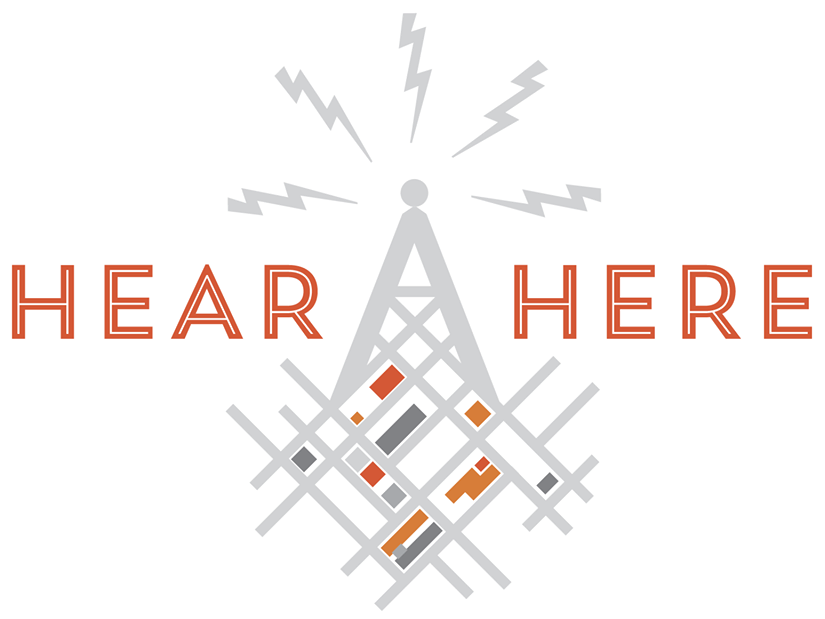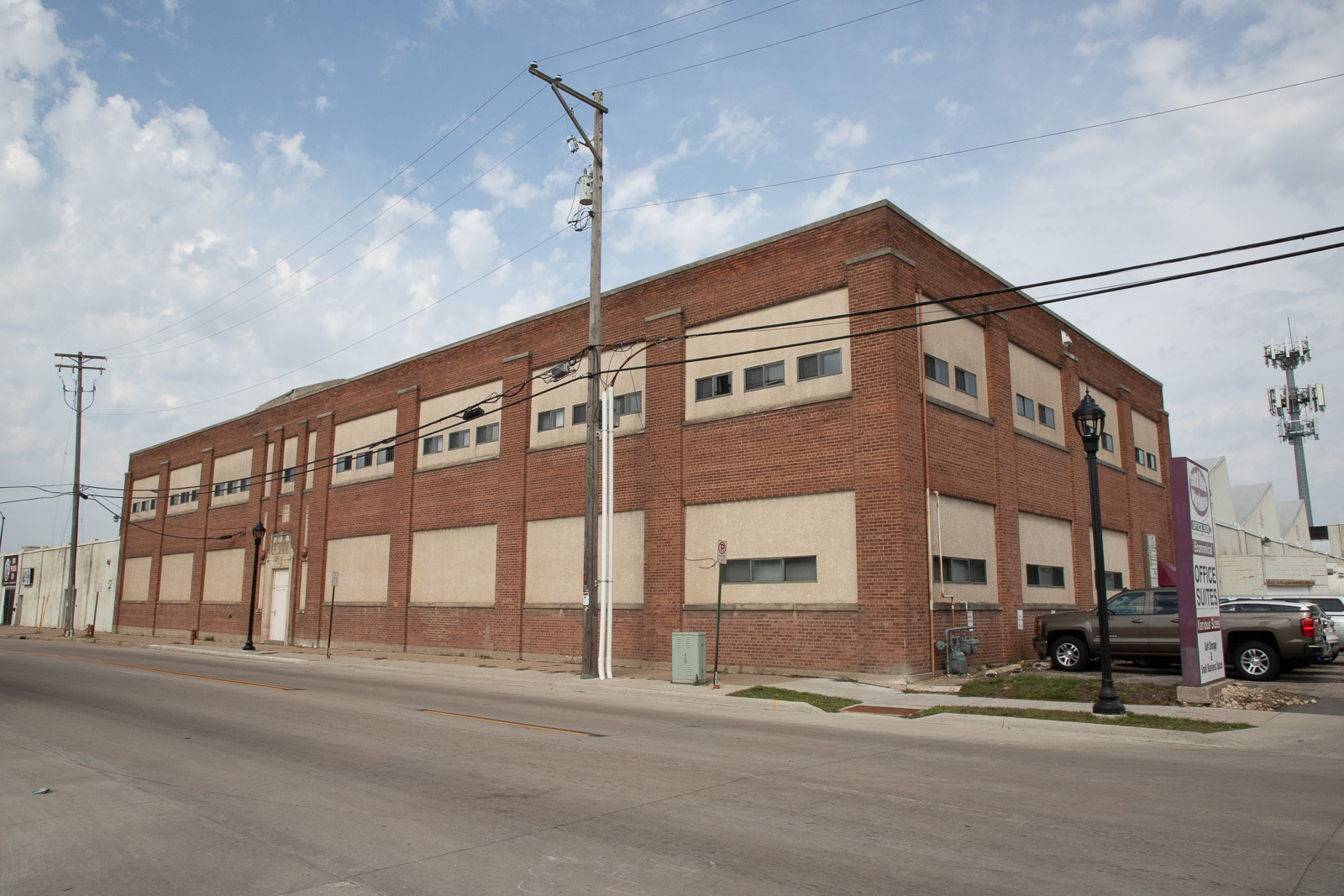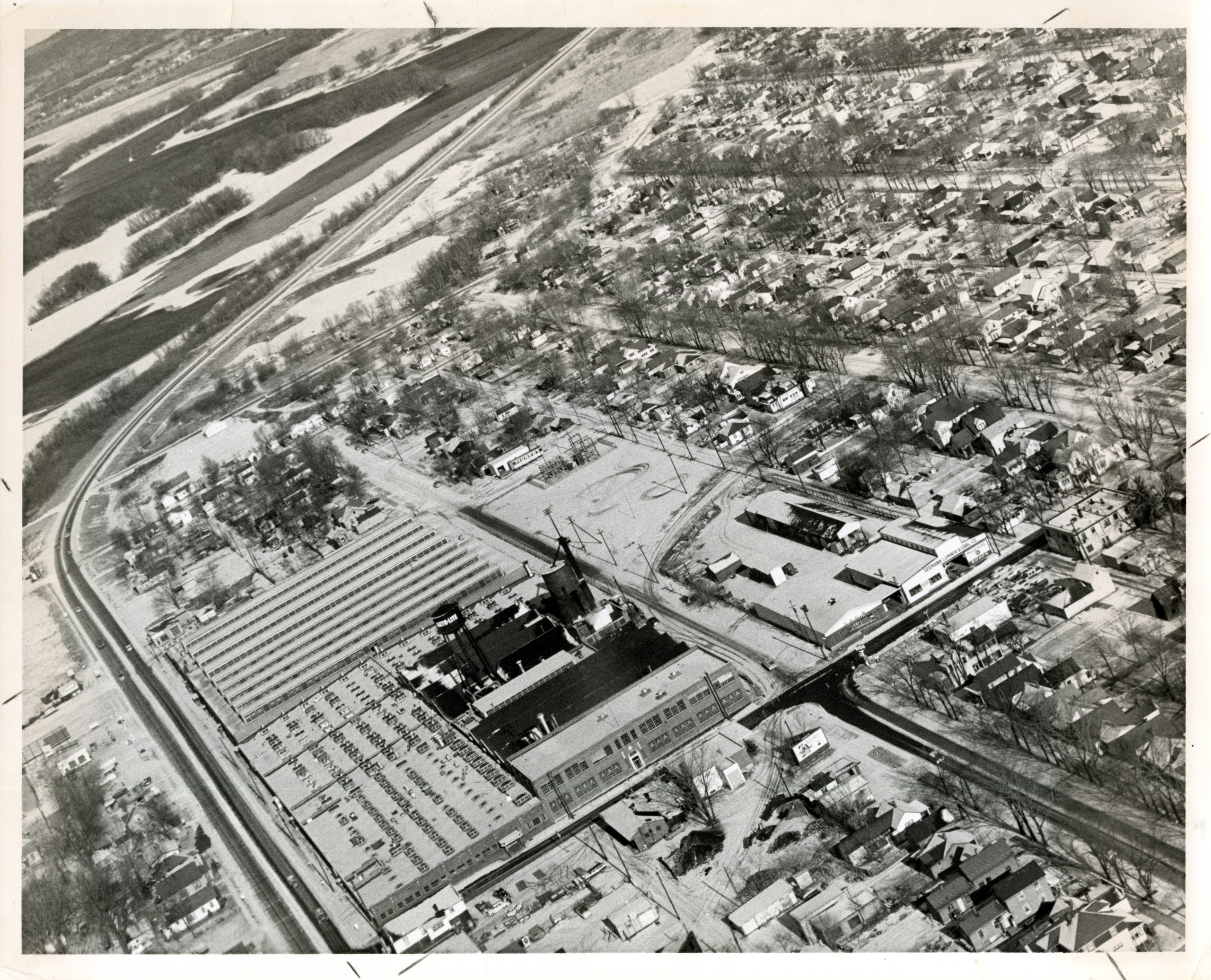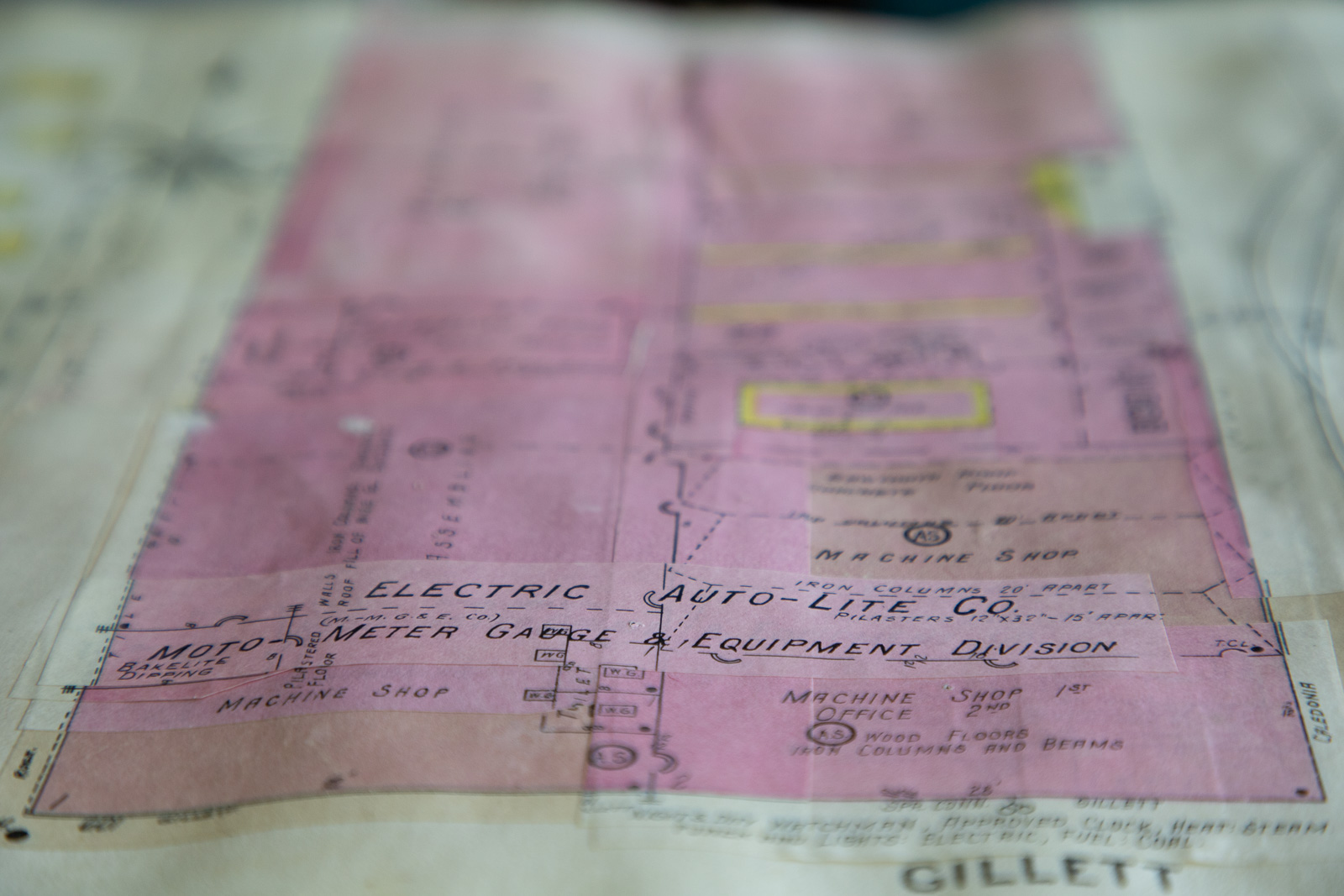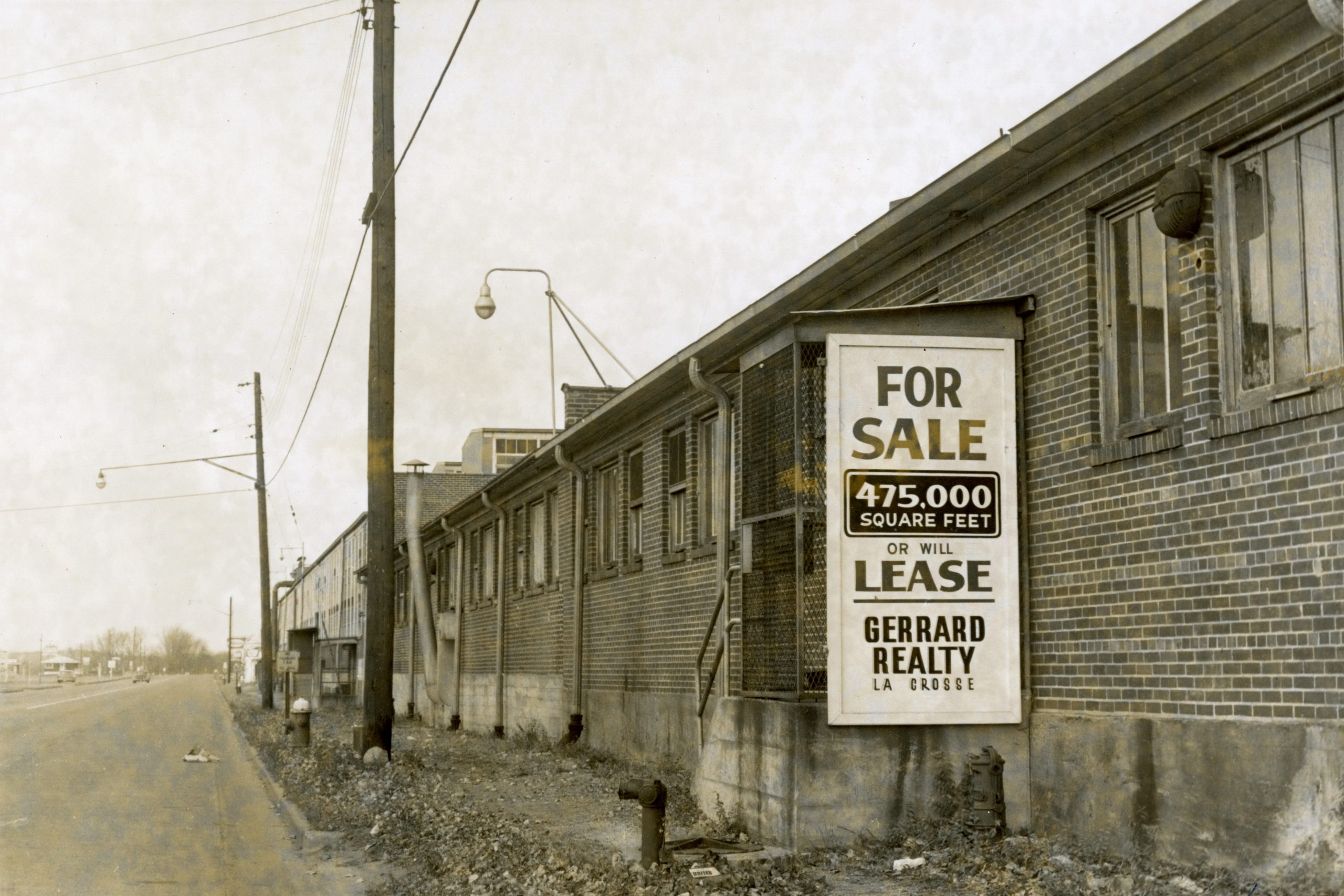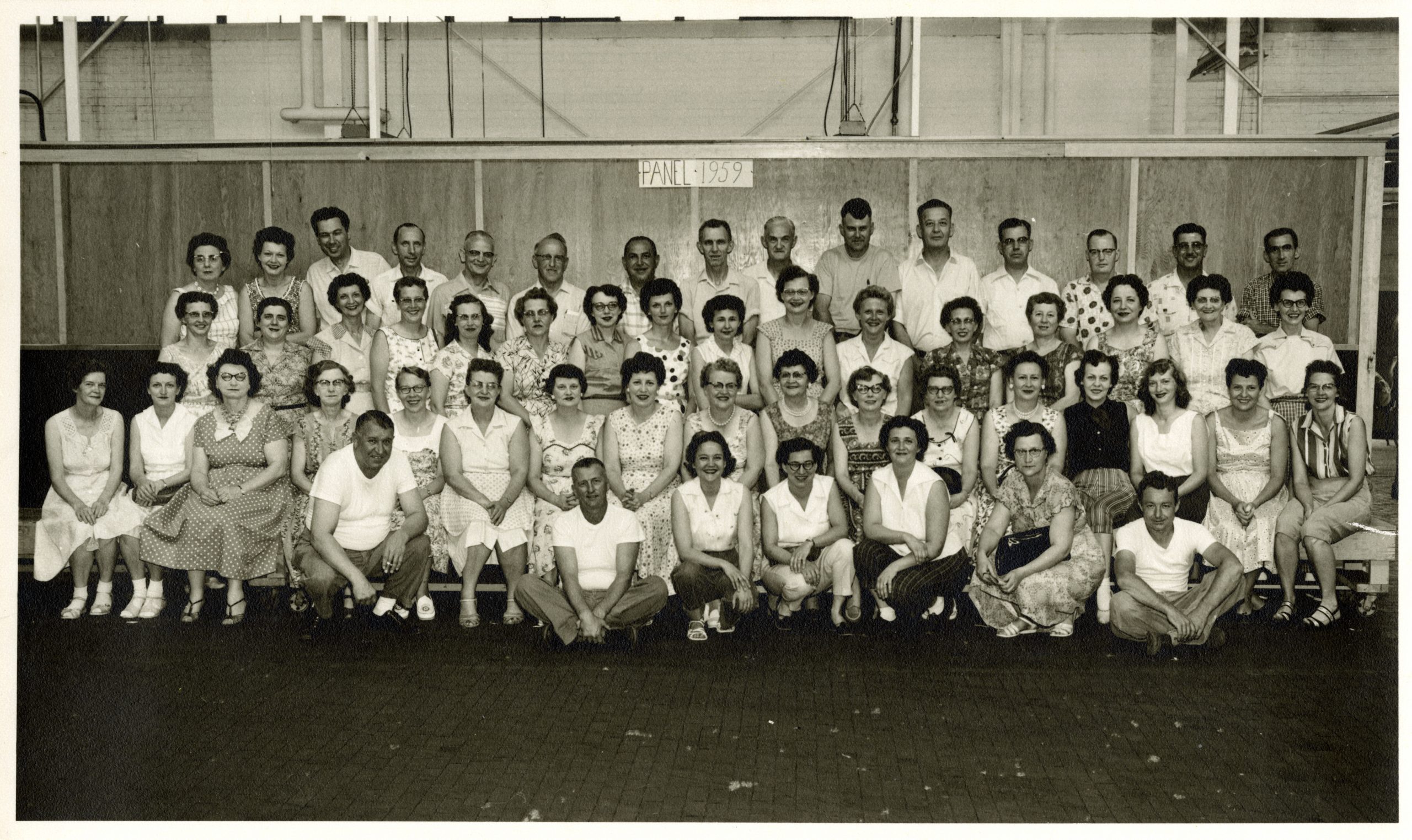Bud Miyamoto
Bud Miyamoto was a child when his mother, a single parent, lost her job at the Electric Auto-Lite Company. To replace this one unionized job, she had to take on three new jobs. Her son reflects on how grateful he was that they were able to remain in La Crosse near their friends due to her hard work and dedication to family.
This interview comes from the UWL Oral History Program at Special Collections Murphy Library.
Transcript
Location: 621 Gillette St.
Bud Miyamoto: Uh, I can remember as a kid, we used to sell, uh, Kool-Aid at a Kool-Aid stand on the corner of Clinton and Caledonia Street to all the workers coming from the Auto-Lite, walking back going to their homes and so forth. And I can remember that day we were out doing that, and uh, everybody that you’d normally see talking and smiling and laughing on their way home from work, were—all of them were crying. Uh, including the guys and, uh, the adult males and the females and I can remember seeing my mother walking down the street—Caledonia Street—crying and finding out that, uh, everyone had lost their job and that the Auto-Lite had closed. And it had an impact on me that—I had never experienced that degree of sadness from such a large group of people and not knowing, uh, not realizing the—how important or how valuable jobs were to people, uh, and not realizing, never experiencing that type of loss that you could see. And I was—I’m trying to think, but–you’d have to look up the date that that closed, but I think it was in the late ‘50s, that it closed, so I was probably, uh, 10, 11, 12 years old, something like that. And that was, uh, really unusual to see ‘cause I’d never had experience with that, I never knew what it meant, like, someone losing their job and I really never knew at that age what a job meant, you know. So, uh, I can remember that my mother asked us how we’d feel if we moved to Iowa, in the first place I didn’t know where Iowa was, and, uh, we were quite emphatic about no, we didn’t want to move and we didn’t want to leave our friends and all this stuff. And, uh, gosh, we didn’t and she went on then to taking on three different jobs to, uh, keep us going and we were never—I never experienced ever being without something. Clothes, food, I mean, we had the best of everything that I can remember. We had more toys than we should have had. Uh, always had a new clothes, and always ate way too much and, uh, never realizing what my mother as a divorced parent had to go through to make that possible for her children. And she worked three separate jobs on a daily basis.
